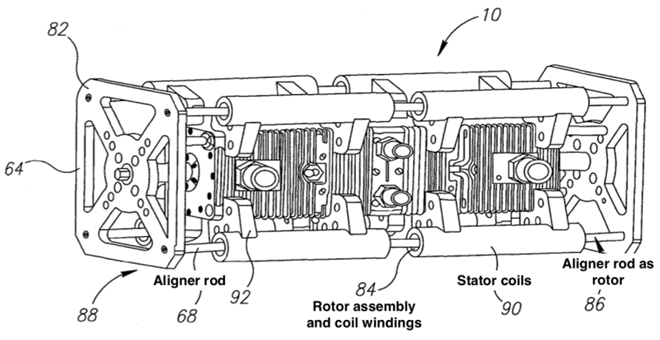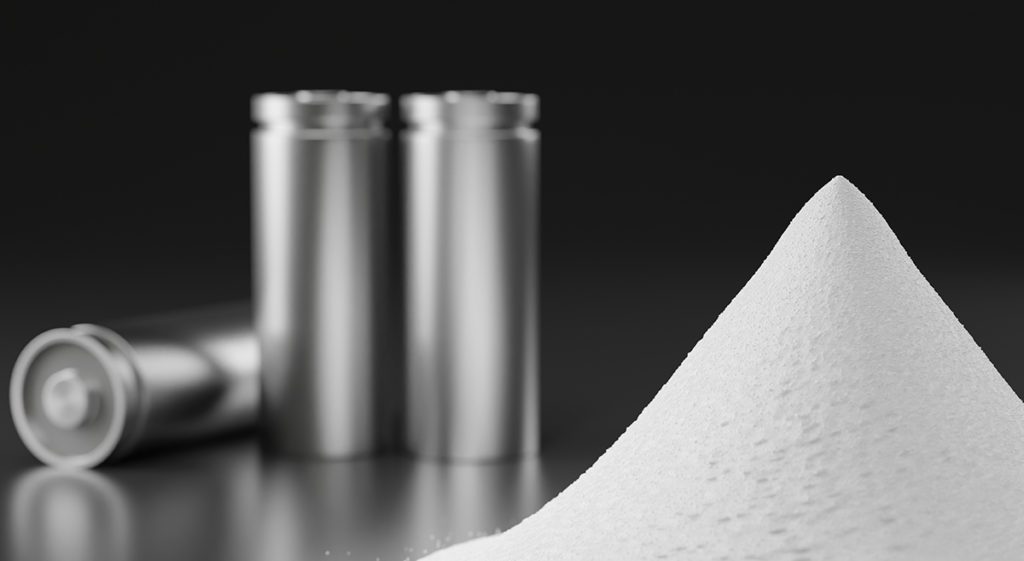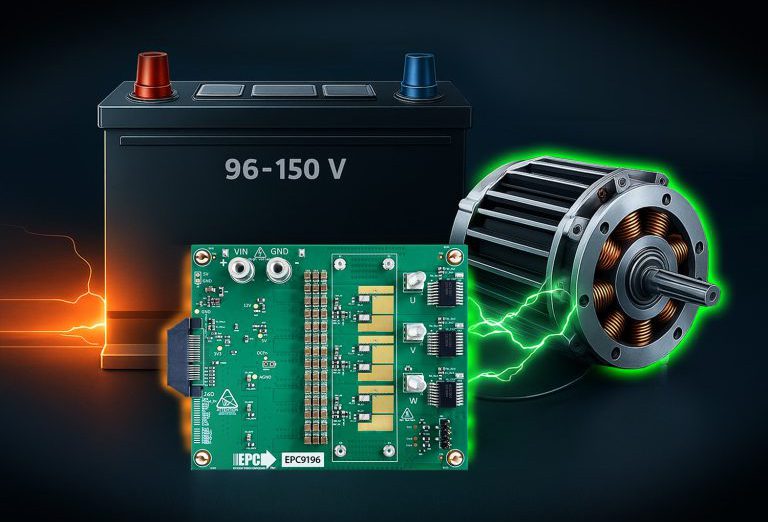PSA Group, the maker of the Peugeot, Citroen and DS brands, is preparing to test a free-piston linear generator from Israeli startup Aquarius Engines as a range extender for its EVs.
“We are evaluating the technology,” said PSA Research and Development Director Gilles Le Borgne. “Nothing has been decided yet.”
The free-piston linear generator has a single piston, and generates electricity directly rather than driving a drive shaft.
According to Aquarius, several prototype vehicles using its free-piston generator will be road-tested by the carmaker early in 2017. The company expects costs to undercut both conventional hybrids and pure EVs.
“Aquarius offers an alternative to a 100-percent electric vehicle,” Board Member Efraim Wasservogel said. The range extender reduces the required quantity of battery cells “that no one knows how to recycle,” he added.
“If the concept works in reality it’s going to have a lot of potential,” IHS Automotive powertrain analyst Pavan Potluri told Reuters. “But vehicle manufacturers are always very risk-averse, so the biggest challenge may be getting one to sign up to it.”
Toyota unveiled its own free-piston generator design in 2014 but has yet to announce any production plans.
Renault, a partner of Nissan and a rival of PSA, also reviewed Aquarius’s technology, but decided to pass, said Senior VP Arnaud Deboeuf. Instead, Renault-Nissan is putting its money on future improvements in battery performance and costs. “We’re going to extend [EVs’] range,” Deboeuf said. “But we’ll do it without range extenders.”
Aquarius, founded in 2014, has filed three patents and raised $8 million in a first funding round.
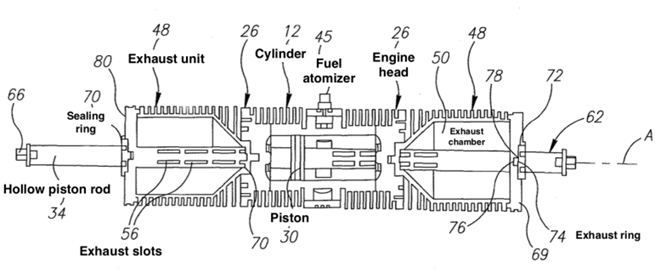
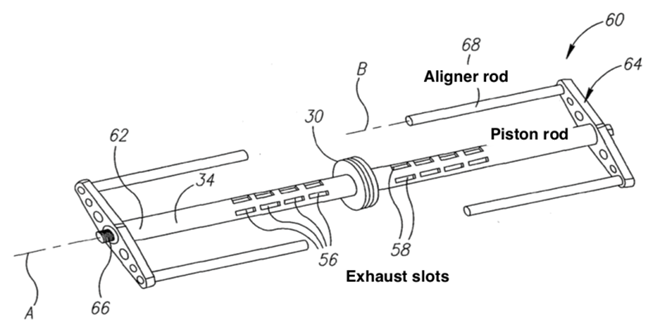
SEE ALSO: Toyota R&D team improves free piston linear generators
Sources: Aquarius Engines, Reuters, Green Car Congress







